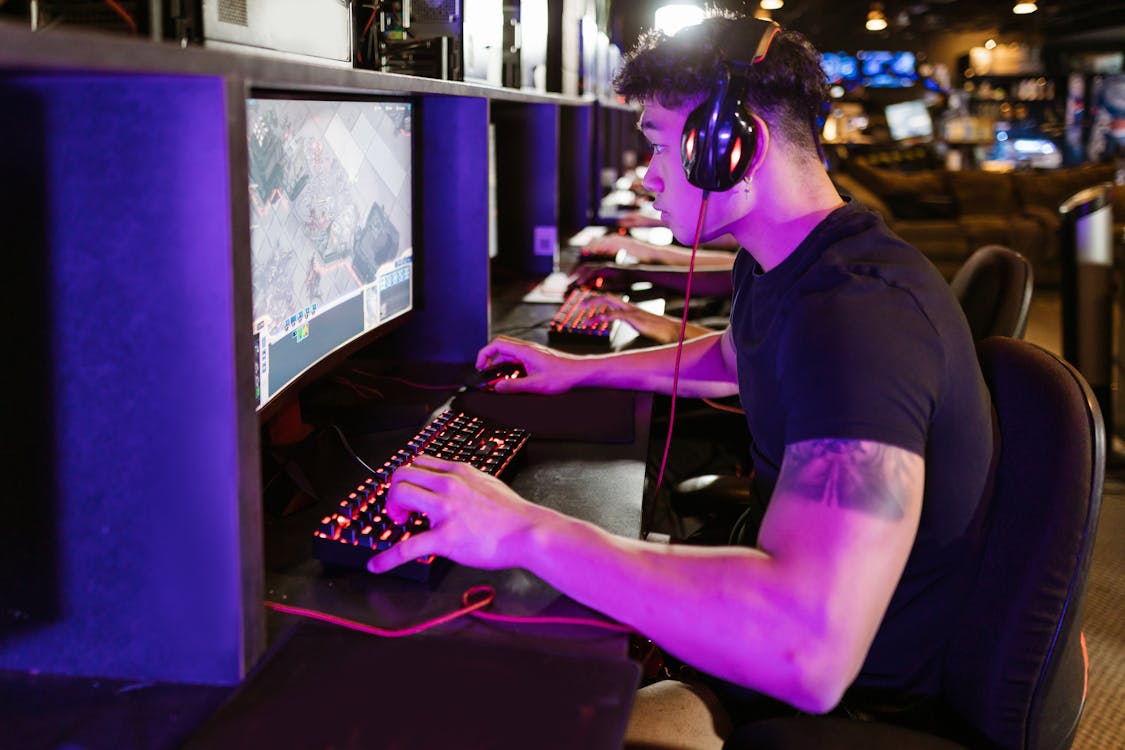Is Microsoft Finally Making an Xbox Handheld?
Let’s be honest, watching the success of the Steam Deck and the Asus ROG Ally has made a lot of us in the Xbox community a little jealous. The dream of playing our Game Pass library natively on a dedicated portable device is real. For years, it’s been nothing but a wish, but now, the rumor mill is spinning faster than ever. Leaks from well-known industry insiders suggest that Microsoft isn’t just thinking about a handheld; they might be actively working on one. Or, more accurately, they might be working on two.

The Tale of Two Handhelds: A Partner Device vs. a True Xbox Portable
The latest gossip points to a two-pronged strategy from Microsoft. The first, and more immediate, project is reportedly a partnership with a major PC hardware manufacturer like Asus or Lenovo. This device would be an Xbox-branded handheld, but under the hood, it would essentially be a portable Windows PC. The idea is that it would boot into a custom Xbox-style interface, putting PC Game Pass front and center. This approach gets a device to market quickly and leverages the massive Windows gaming ecosystem. You could play your Game Pass titles and likely install other launchers like Steam.
The second, more elusive project is the one fans are really dreaming of: a dedicated, first-party Xbox handheld. Think of it as an Xbox Series S that you can hold in your hands. This device would run the streamlined, optimized Xbox OS, not a full version of Windows. The experience would be seamless, just like a console. You’d turn it on, and your Xbox library would be right there, ready to go. According to rumors, this project, codenamed “Pembrooke,” has been put on the back burner for now, but the team behind the Microsoft Surface is said to be working on it for a future release.

Why The Split Strategy?
So, why not just build the perfect Xbox handheld from the start? It comes down to strategy and risk. A partner device running Windows is a safe bet. It allows Microsoft to dip its toes into the handheld market without the massive cost of developing new hardware from scratch. It also serves a larger purpose: strengthening the Windows gaming platform. With SteamOS gaining popularity, Microsoft wants to ensure Windows remains the go-to operating system for PC gaming, even on handhelds.
A first-party device is a much bigger investment, but it’s also the ultimate prize. It would offer the polished, user-friendly experience that console gamers expect. By waiting a few more years, Microsoft can let the technology mature and potentially launch a device that is more powerful and efficient, perhaps as part of their next generation of hardware slated for 2027.

FAQs About the Rumored Xbox Handheld
Is an Xbox handheld officially confirmed?
No. As of now, all information is based on leaks and rumors from credible industry insiders. Microsoft has not officially announced any handheld hardware.
Will the handheld run Windows or the Xbox operating system?
The rumors suggest there are two separate plans. The short-term plan is a partner-built device that would run Windows with an Xbox-like interface. The long-term plan is for a dedicated, first-party device that would run the actual Xbox OS.
When could an Xbox handheld be released?
The partner-built Windows handheld is rumored to be targeting a late 2025 release. A true, first-party Xbox handheld is likely much further away, possibly launching alongside the next generation of consoles around 2027.
Will it be able to play games from Steam?
The rumored Windows-based handheld would almost certainly be able to install and run games from Steam and other PC launchers, making it a very versatile device.
Who would make the hardware?
The partner device would be made by an established PC hardware company, with Asus being a frequently mentioned name. A dedicated handheld would be designed and built by Microsoft’s own hardware division, possibly the same team that makes the Surface devices.
Is this a replacement for Xbox Cloud Gaming?
No, this would be a device for playing games natively. It complements cloud gaming rather than replacing it. Native gaming offers better performance and doesn’t require a constant, high-speed internet connection, while cloud gaming lets you play on any device.
Conclusion
While nothing is set in stone, the signs are clear: Microsoft is serious about entering the handheld gaming space. The immediate future looks like it belongs to a flexible, PC-style handheld that will bring the full power of Windows gaming and PC Game Pass into a new form factor. It might not be the pure, simple Xbox portable that many have dreamed of, but it’s a huge step in the right direction. The dream of a true “Xbox Portable” isn’t dead; it’s just playing the long game. For now, we’ll be watching and waiting for that first official announcement.